Balancing Portability and Performance: Comprehensive Comparison of Folding Electric Bikes
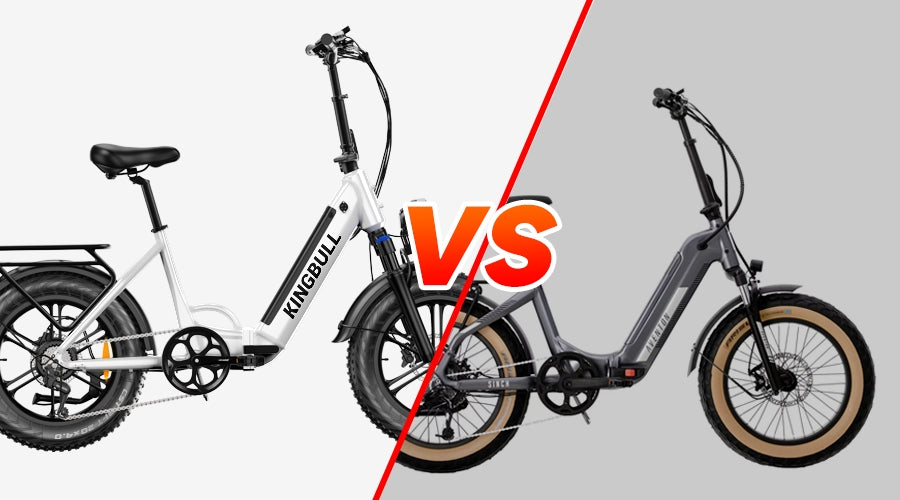
In recent years, with growing concerns about sustainable modes of transportation, folding electric bikes have become an increasingly favored choice. This stylish and portable means of commuting not only meets the convenience demands of urban life but also aligns with the eco-friendly ethos of modern mobility. In this rapidly evolving market, Literider stands out with its outstanding performance and budget-friendly price, making it one of the preferred choices for numerous consumers seeking an ideal folding electric bike.
Performance Overview
| Kingbull's Literider | Aventon's Sinch.2 | |
| Motor | 1300W (peak), 750W (sustained), 48V | 750w (peak), 500w (sustained), 48v |
| Battery | Removable lithium-ion 48V, 15Ah battery | 48V, 14Ah (672Wh) LG Cell, UL 2849 Compliant |
| Speed | 28 MPH | 20 MPH |
| Range | Up to 50 miles | Up to 55 miles |
| Pedal Assist | 5 level | 4 Levels |
| Brakes | Hydraulic | Mechanical |
| Throttle | Half twist | Throttle on demand |
| Sensor | Cadence | Torque |
| Gears | 7 Speed | 8 Speed |
| Weight | 73lbs | 68 lbs |
| Payload Capacity | 400 lbs | 300 lbs |
| Frame | 6061 AluminumAlloy With Internal Battery | Single-Butted Aluminum Alloy |
| Wheels | 20" x 4.0" | 20" x 4.0" |
| Light | Included | Included |
| Price | $999 | $1,699 |
Next, we will delve into a detailed comparison of these data points to gain a comprehensive understanding of the performance, features, and advantages of each bicycle. Each data point will serve as the foundation for our in-depth analysis, aiding you in making a more informed decision. Let's explore together and find the electric bicycle that best suits your needs.
Motor & Battery
In terms of peak power, Literider's motor demonstrates a notably powerful performance, particularly evident in its 1300W peak power. Peak power represents the maximum power the motor can deliver in an extremely short duration. Compared to Sinch.2's 750W, Kingbull's 1300W peak power showcases higher performance potential.
The advantage of peak power is primarily manifested in providing robust acceleration performance. Increasing peak power can result in faster acceleration, enhancing the overall riding experience, especially during starts or uphill climbs. It's important to note that while peak power is a key indicator of motor performance, practical considerations in real-world riding, such as sustained power, voltage, and other factors, also need to be taken into account for a comprehensive evaluation of motor performance.
Literider's battery stands out with a significant advantage, boasting a high capacity of 15Ah. In comparison, Sinch.2's battery has a capacity of 14Ah. This implies that theoretically, Literider's battery can provide a longer riding range.
Furthermore, Sinch.2 utilizes batteries from the well-known brand LG, enhancing user trust to a certain extent. However, this may also result in a relatively higher product price. Despite Kingbull not opting for a prominent brand for its battery, we emphasize that it undergoes rigorous testing, ensuring reliable quality that users can trust.
Speed & Range
Literider's speed is significantly higher, reaching 28 MPH, whereas Sinch.2's speed is 20 MPH. It's important to note that, according to various state regulations, Sinch.2's speed of 20 MPH complies with the standards in most states. However, Literider's speed of 28 MPH not only complies with regulations but also provides greater speed flexibility for states with a 28 MPH limit.
This implies that Literider's design takes into account the legal differences among states, offering users a broader range of speed options. Therefore, regardless of the speed regulations in a user's state, Kingbull can meet compliant riding needs. Nevertheless, we emphasize prioritizing safety and encourage users to adhere to local regulations and practice safety measures while riding.
Brakes
The Literider is equipped with hydraulic brakes, whereas the Sinch.2 utilizes mechanical brakes. Hydraulic brake systems offer superior braking performance and ease of control, particularly in high-speed and emergency braking situations, allowing riders to have more precise command over braking force. On the other hand, mechanical brakes may be more suitable for general riding conditions, especially for electric bikes where extremely high braking performance is not always a primary requirement.
Sensor
The choice between Literider's Cadence sensor and Sinch.2's Torque sensor in terms of riding assistance depends on the rider's personal preference. The Cadence sensor on Literider perceives the rotation speed of the pedals, providing a relatively even assistance, resulting in a smoother riding experience. On the other hand, the Torque sensor on Sinch.2 detects the force applied by the rider to the pedals, offering a more dynamic and personalized assistance based on the rider's exerted force. Therefore, the selection between the two depends on whether the rider prefers a consistent and steady riding experience or a more dynamic and personalized assistance feel.
Weight & Payload Capacity
Literider and Sinch.2 differ in terms of weight and payload capacity. Literider has a higher overall weight at 73 lbs, while Sinch.2 is comparatively lighter at 68 lbs. However, in terms of payload capacity, Literider boasts a higher capacity, supporting loads of up to 400 lbs, whereas Sinch.2 has a payload capacity of 300 lbs. These differences may reflect variations in the construction and design of the two electric bikes, and users should consider their specific needs regarding bike usage and load requirements when making a choice.
Price
Comparing the prices, Literider is currently priced at $999, while Sinch.2 comes in at $1699. Despite Literider's strong performance, its price is quite reasonable. Not only does it deliver great performance, but it also won't break the bank. This makes Literider an electric bike with both impressive performance and an affordable price, making it especially suitable for those who want high performance without burning a hole in their pockets.
Conclusion
Taking into account factors such as price, performance, and practicality, Literider undoubtedly shines as a brilliant star in the folding electric bike market. Its robust performance coupled with an affordable price makes it the top choice for a growing number of individuals seeking a high-performance and cost-effective means of transportation. When it comes to selecting a folding electric bike, Literider's exceptional performance undeniably delivers an outstanding riding experience for cyclists.




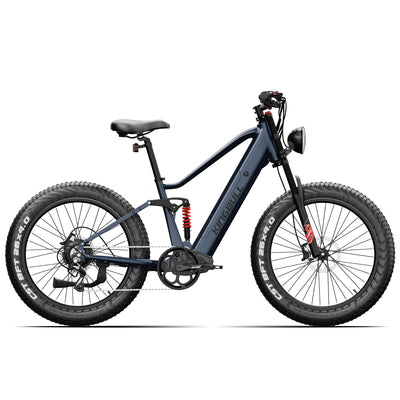

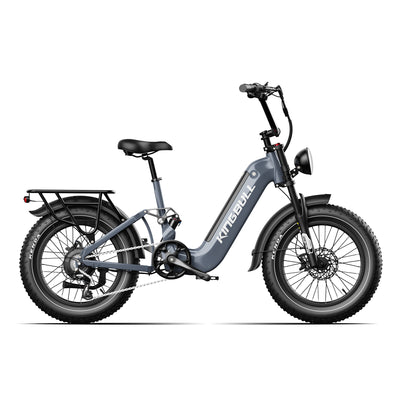
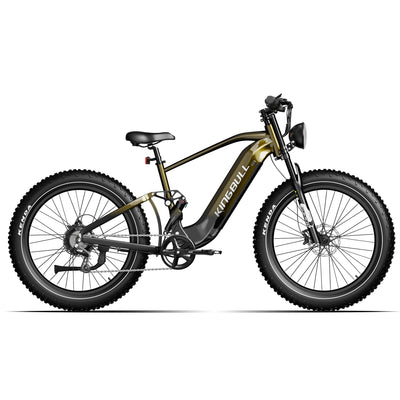
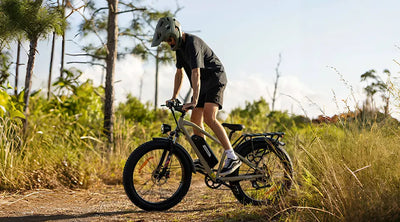

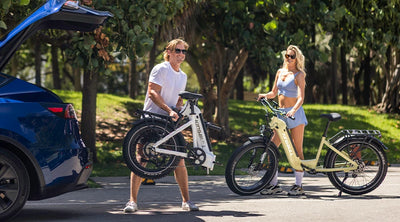
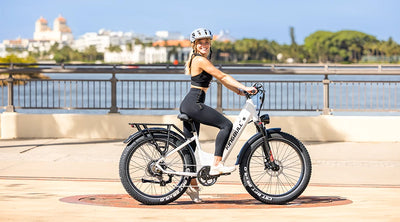
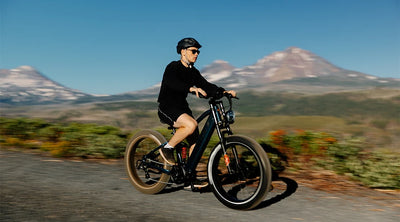
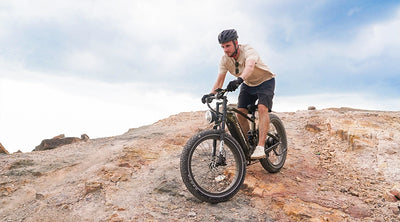














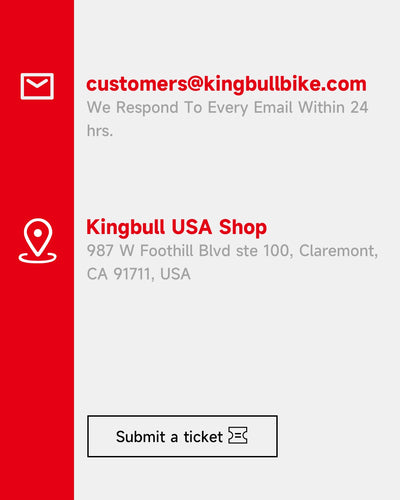



Leave a comment